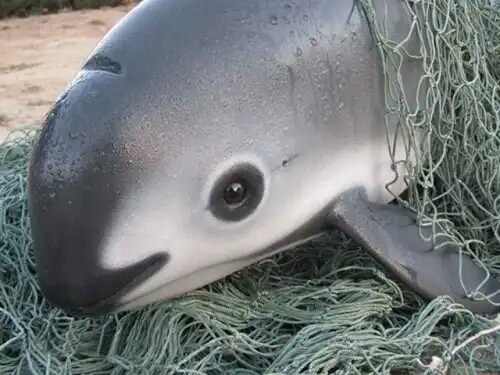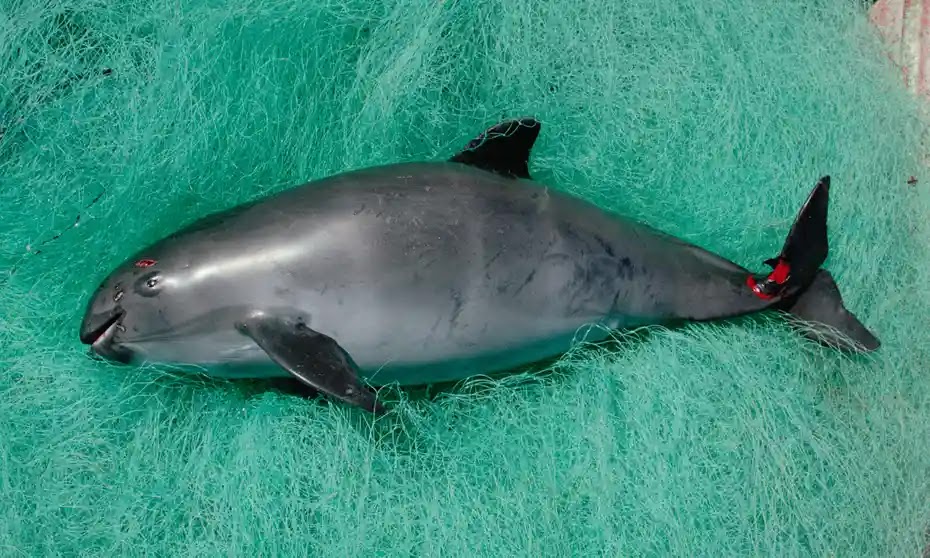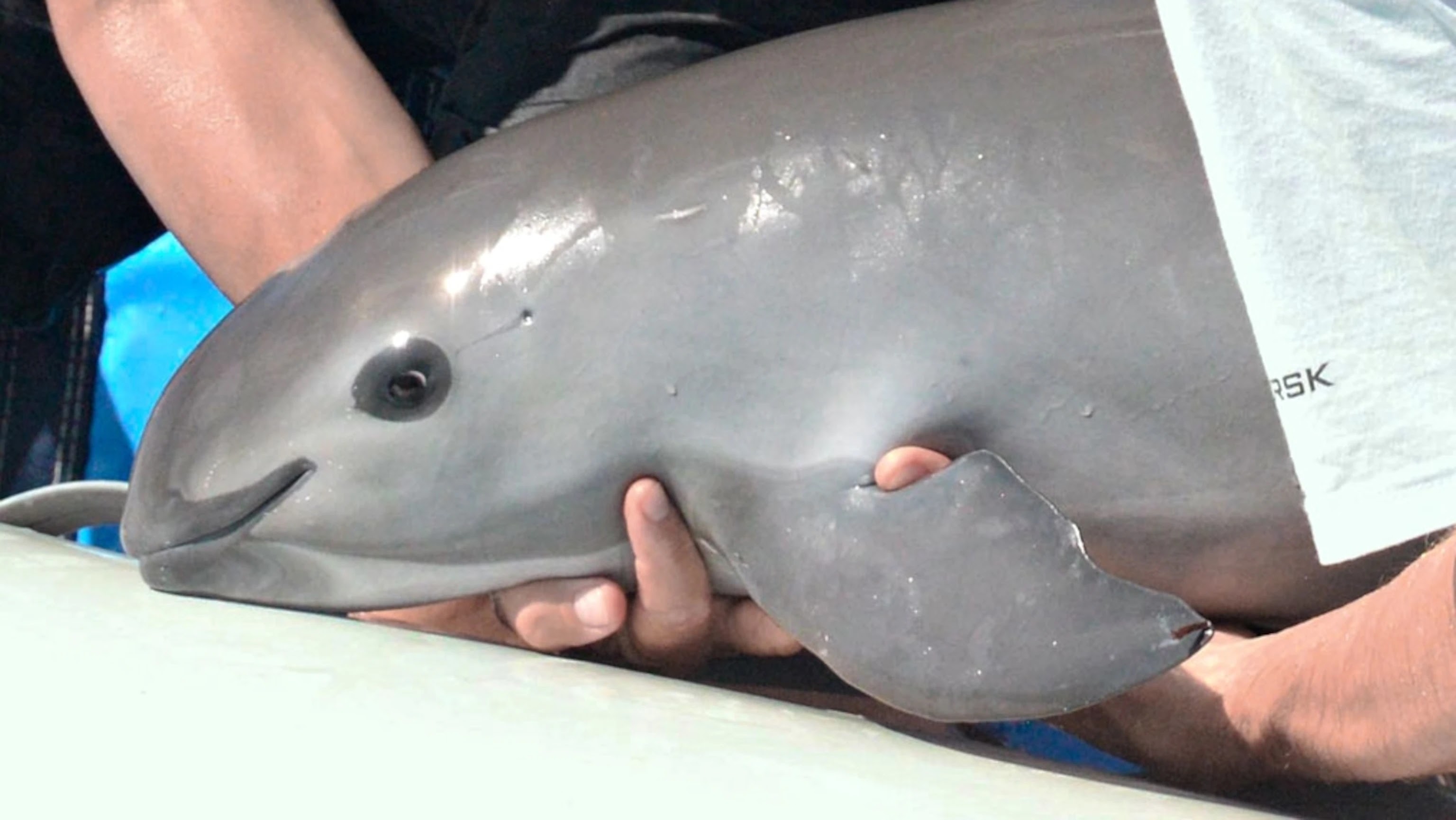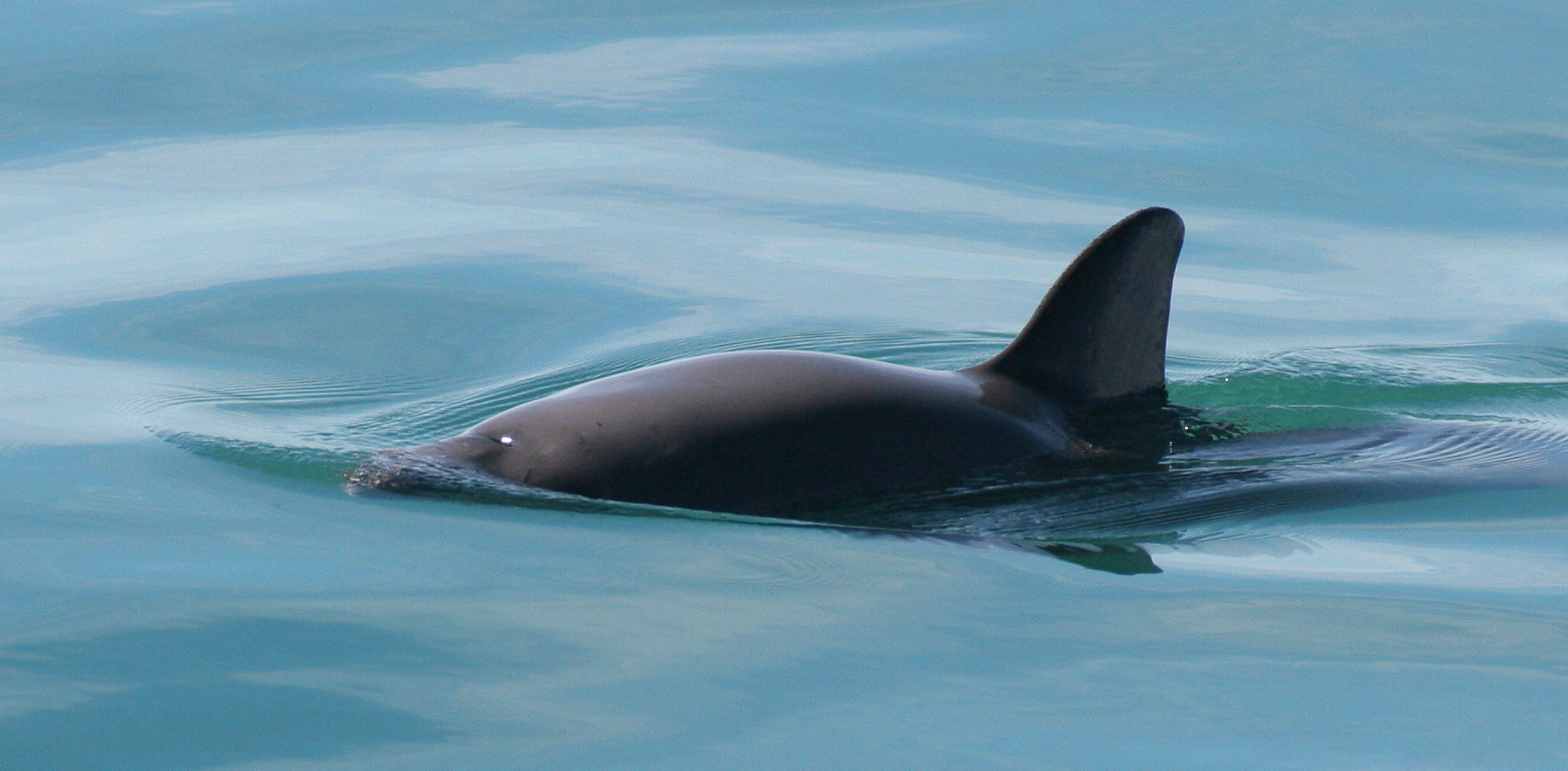As per
the latest updates, only around 10 vaquitas exist in the wild. This suggests
that we are on the verge of losing another crucial species.

“Cocaine
of the sea' threatens critically endangered vaquita - BBC News”
Vaquitas
are often found in the northern area of the Gulf of California. These creatures
have been considered endangered for a very long time. Their population of 600
in 1997 was drastically decreased to 30 by 2017.
Unfortunately,
the vaquita population 2021 was counted as 10, giving red alerts to suggest
that their future is in jeopardy.
The
vaquitas who are scientifically known as Phocoena sinus, are small animals that
grow up to 5 feet in length. A fully grown vaquita weighs around 120 pounds.

These
solitary animals often reside in shallow, warm water. They are unique as they
are the only porpoise species that can survive warm water. Rest of the species
need water that is colder than 68°F.
'Sea
Pandas' is another name for the vaquitas. It has been formed as these vaquitas
have black rings around their eyes.

Creatures
like white rhino are nearly extinct due to poaching. But the vaquitas are not
aggressively pursued by fishermen.
It's the
traditional fishing practices in Mexico that has led to this extinction. The
main issue is the use of gill nets to catch totoaba, an endangered fish
species.

Totoabas
are considered as a delicate food in China and they cost up to $50,000 in the
black market. This payoff has attracted the local fishermen to continue this
activity though it's illegal.
All these
facts impact on Vaquitas because they too get caught in the same manner like
totoaba.

Andrea
Crosta, with a wildlife trafficking watchdog group from the Earth League International
visited Mexico with the news of critically low vaquita population.
According
to him the surviving vaquitas will soon be lost due to the unlawful fishing
season. But, on the other hand, WWF and Viva Vaquita suggested that few of them may
be rescued.

The
conservation organization, Vaquita CPR
undertook a rescue effort in 2017. Unfortunately, the effort was unsuccessful
as the animals were stressed during the process of relocation. This rescue
project led many female porpoises to perish shortly after. Perhaps, you might
suggest confinement as a better option. But, the tragedy was painful.

As per Crosta,
we should continue fighting for vaquitas. Organizations such as Elephant Action
League and Sea Shepherd are in a continuous process in monitoring the Gulf of
California and deciphering the trafficking routes in China.
"We
would definitely bring the guilty to justice even if they kill all the
vaquitas!"

Saving
the vaquitas is a responsibility of all of us. Why don't we join hands to
protect these innocent creatures? Let us know your ideas in the comment section
below. Make sure to share the article to raise awareness! Help save vaquitas!


Post a Comment